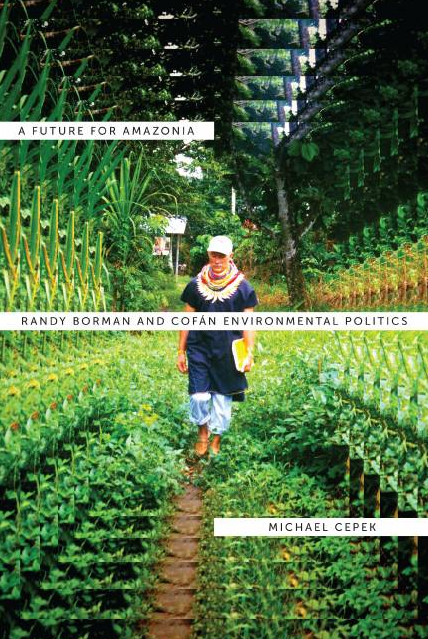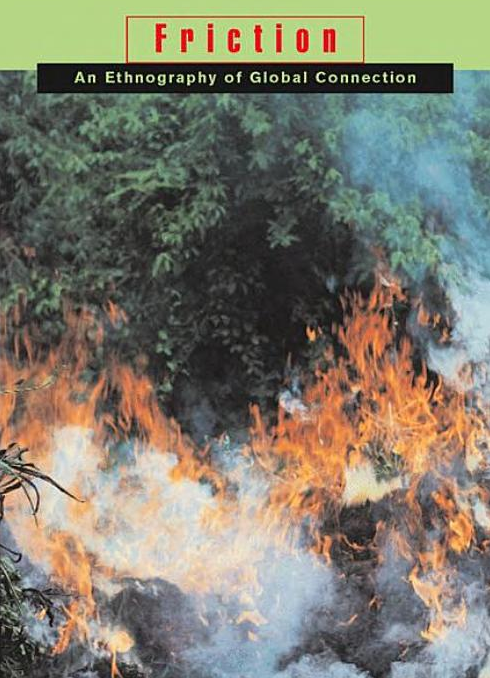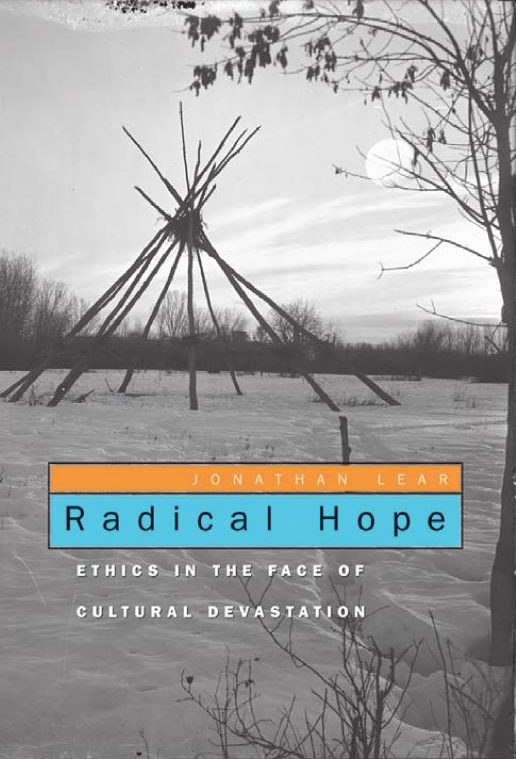 A Future for Amazonia Randy Borman and Cofán Environmental Politics by Michael Cepek
A Future for Amazonia Randy Borman and Cofán Environmental Politics by Michael Cepek
Blending ethnography with a fascinating personal story, A Future for Amazonia is an account of a political movement that arose in the early 1990s in response to decades of attacks on the lands and peoples of eastern Ecuador, one of the world’s most culturally and biologically diverse places. After generations of ruin at the hands of colonizing farmers, transnational oil companies, and Colombian armed factions, the indigenous Cofan people and their rainforest territory faced imminent jeopardy. In a surprising turn of events, the Cofan chose Randy Borman, a man of Euro-American descent, to lead their efforts to overcome the crisis that confronted them. Drawing on three years of ethnographic research, A Future for Amazonia begins by tracing the contours of Cofan society and Borman’s place within it.
 Friction: an Ethnography of Global Connection by Anna Lowenhaupt Tsing
Friction: an Ethnography of Global Connection by Anna Lowenhaupt Tsing
A wheel turns because of its encounter with the surface of the road; spinning in the air it goes nowhere. Rubbing two sticks together produces heat and light; one stick alone is just a stick. In both cases, it is friction that produces movement, action, effect. Challenging the widespread view that globalization invariably signifies a “clash” of cultures, anthropologist Anna Tsing here develops friction in its place as a metaphor for the diverse and conflicting social interactions that make up our contemporary world.
 Radical Hope Ethics in the Face of Cultural Devastation by Jonathan Lear
Radical Hope Ethics in the Face of Cultural Devastation by Jonathan Lear
Shortly before he died, Plenty Coups, the last great Chief of the Crow Nation, told his story – up to a certain point. “When the buffalo went away the hearts of my people fell to the ground,” he said, “and they could not lift them up again. After this nothing happened.” It is precisely this point – that of a people faced with the end of their way of life – that prompts the philosophical and ethical inquiry pursued in Radical Hope.

